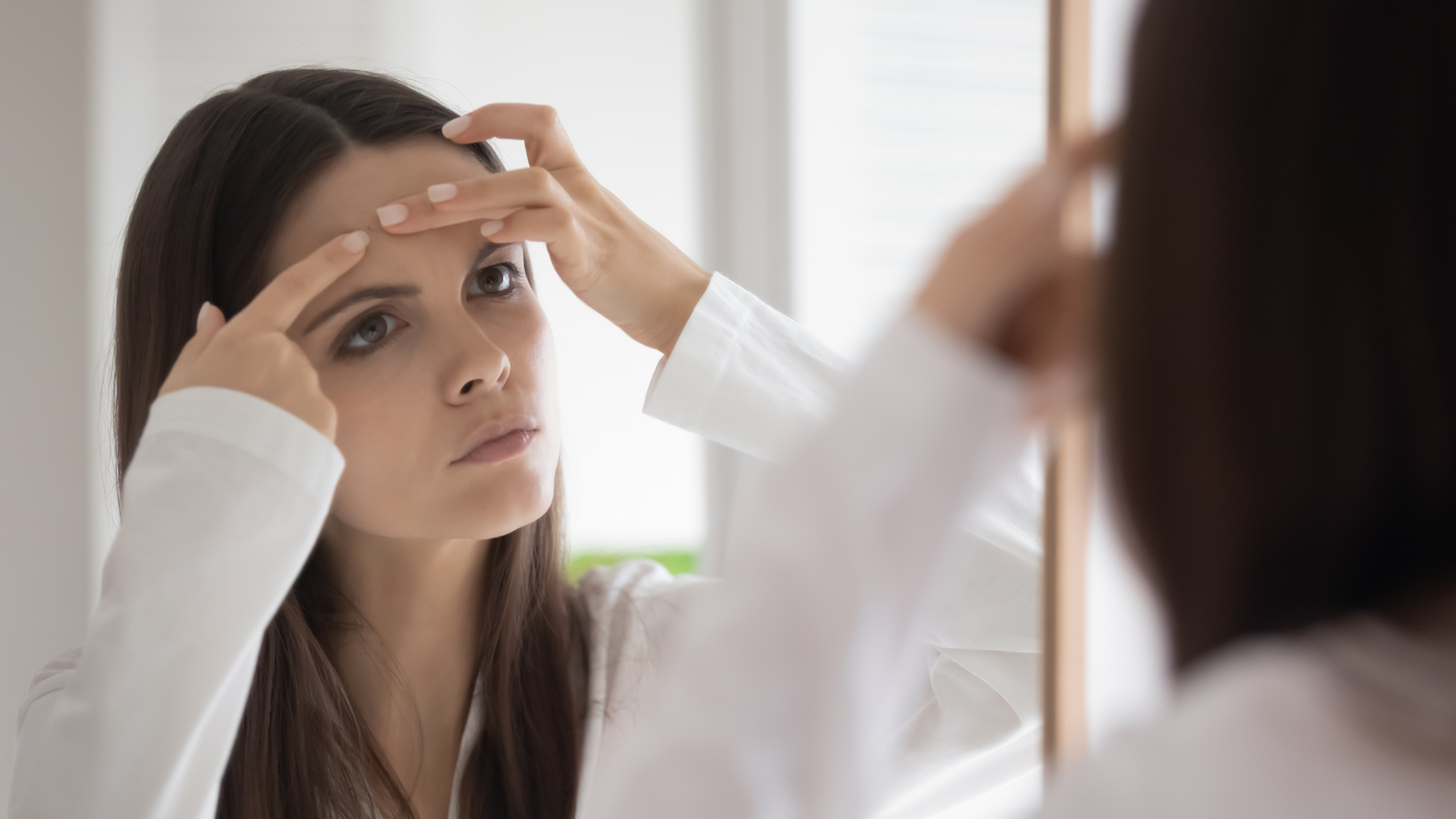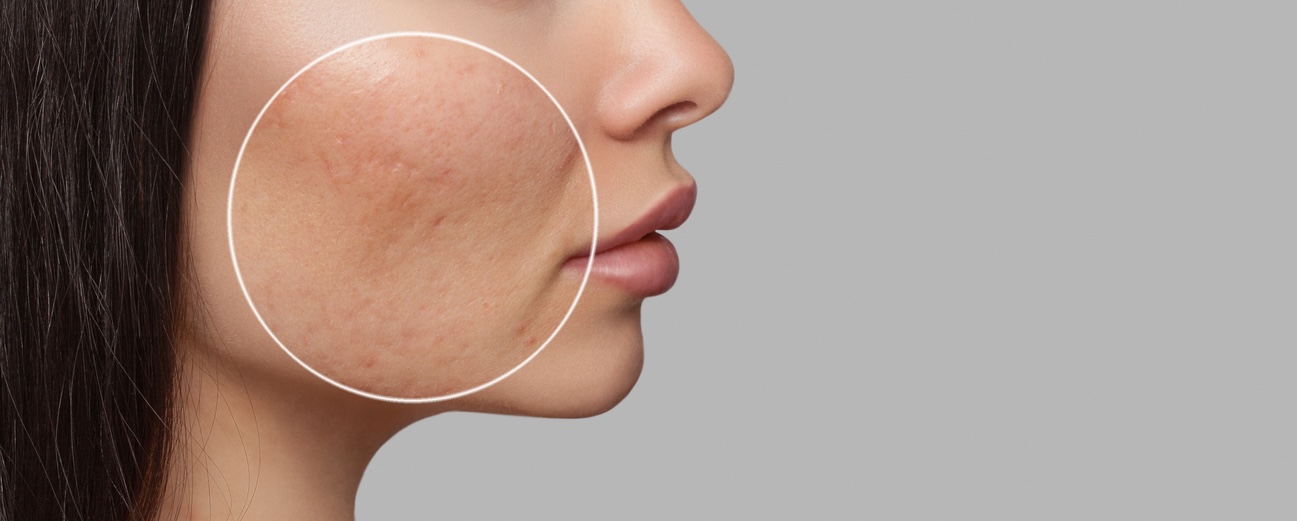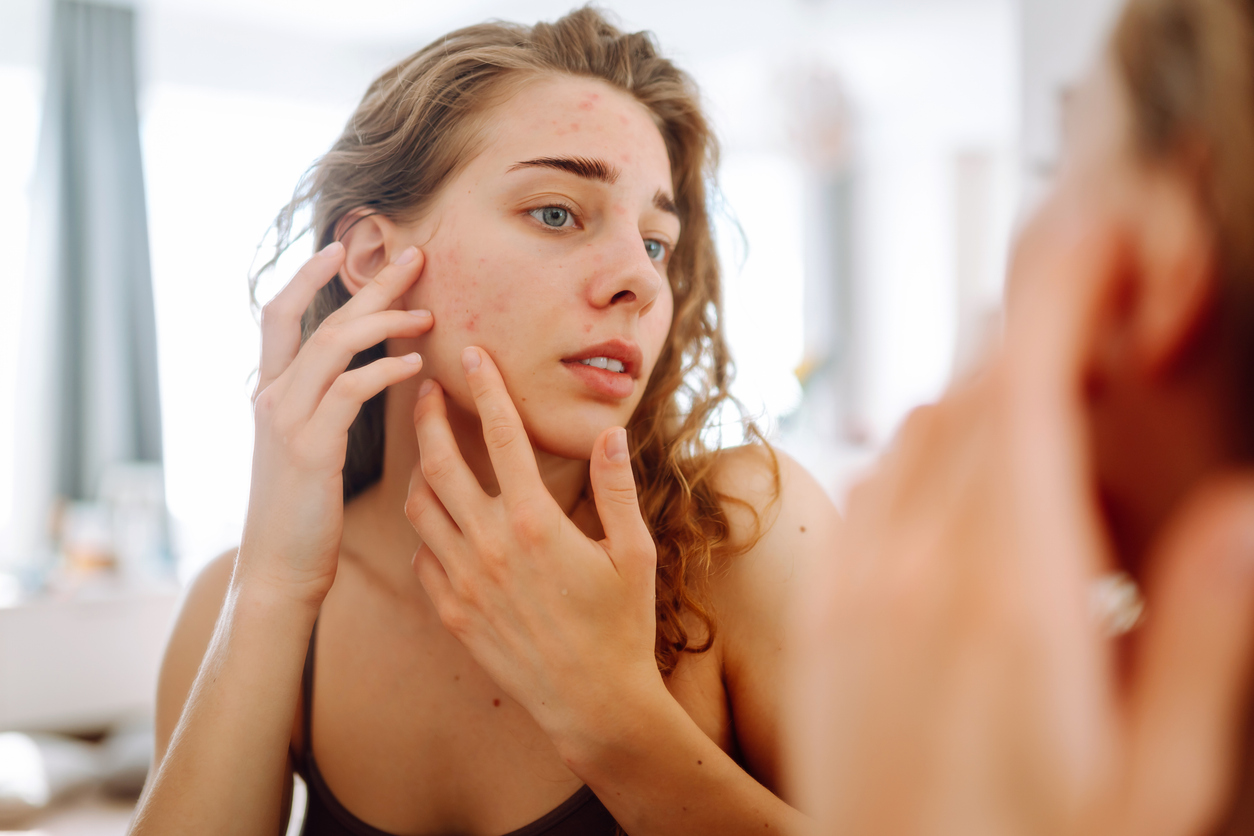Acne is a common skin condition that affects millions of people worldwide. It can be frustrating, embarrassing, and even painful, but it is also treatable. As a dermatologist, I have seen countless patients with acne and have helped them achieve clear, healthy skin. In this article, we’ll discuss what acne is, what causes it, and how it can be treated.
What is Acne?
Acne is a skin condition that occurs when the hair follicles become clogged with oil and dead skin cells. It can appear on the face, neck, chest, back, and shoulders. Acne can manifest in many different forms, including whiteheads, blackheads, papules, pustules, cysts, and nodules.
What Causes Acne?
Acne can be caused by a variety of factors, including genetics, hormones, diet, stress, and skincare products. Genetics play a role in acne because some people are more predisposed to producing excessive oil and dead skin cells. Hormones also play a significant role in acne because they can cause an increase in oil production, especially during puberty, menstruation, and pregnancy.
Diet can also contribute to acne, particularly diets high in sugar and dairy. Stress can trigger acne or make it worse because it can cause an increase in cortisol, a hormone that can increase oil production. Skincare products can also cause acne if they are too oily or if they clog the pores.
What are the Different Types of Acne?
Whiteheads
Whiteheads, also known as closed comedones, are small, white bumps that form when a hair follicle becomes clogged with oil and dead skin cells. The pore remains closed, creating a small, raised bump on the skin.
Blackheads
Blackheads, also known as open comedones, are small, dark bumps that form when a hair follicle becomes clogged with oil and dead skin cells. Unlike whiteheads, the pore remains open, allowing air to enter, which causes the bump to darken.
Pimples
When oil glands become clogged, it can result in the formation of a pimple which is characterized by a small papule or pustule that is swollen and red with pus. Pimples can emerge on various parts of our body such as the face, back, neck, and chest. Although they may appear swollen, pimples are not usually painful when touched.
Cysts
Cysts are large, painful, fluid-filled lumps that form deep beneath the skin. They are the most severe form of acne and can lead to scarring if not treated promptly.
Nodules
Nodules are large, hard, painful lumps that form deep beneath the skin. They are similar to cysts, but they do not contain fluid.
Hormonal acne
Hormonal acne is acne that is caused by hormonal fluctuations in the body. It is most common in women and can be triggered by menstrual cycles, pregnancy, or menopause.
Acne rosacea
Acne rosacea, also known as rosacea, is a chronic skin condition that causes redness, inflammation, and acne-like bumps on the face. It most commonly affects middle-aged women with fair skin.
Understanding Your Triggers
There are three primary acne triggers – stress, hormones, and diet.
Stress
Stress can be a trigger for acne as it can cause an increase in the body’s production of hormones such as cortisol and androgens, which in turn stimulate the sebaceous glands to produce more oil. This excess oil can clog pores and lead to the formation of pimples. Stress can also lead to a weakened immune system, making it more difficult for the body to fight off bacteria that contribute to acne. Furthermore, stress can lead to unhealthy coping mechanisms such as poor dietary choices or not getting enough sleep, which can exacerbate acne. Therefore, managing stress through healthy lifestyle habits and relaxation techniques can be an effective way to prevent and manage acne breakouts.
Hormones
Hormones can be a significant trigger for acne, particularly during adolescence when hormonal changes are most prevalent. Hormones such as androgens, which are present in both males and females, stimulate the sebaceous glands to produce more oil. This excess oil can clog pores and lead to the formation of pimples. Additionally, hormonal changes during the menstrual cycle can also contribute to acne in women. The increase in estrogen levels during the first half of the menstrual cycle can lead to clearer skin, but the rise in progesterone during the second half can cause an increase in oil production, leading to acne breakouts. Hormonal imbalances such as those seen in polycystic ovary syndrome (PCOS) can also contribute to acne. Therefore, managing hormonal imbalances through medication and lifestyle changes can be an effective way to prevent and manage acne breakouts.
Diet
Diet can also be a trigger for acne. Certain foods with a high glycemic index, such as processed foods and sugary snacks, can cause a spike in blood sugar levels. This can trigger the release of insulin, which can stimulate the production of androgens and increase oil production, leading to acne breakouts. Dairy products have also been linked to acne, as they contain hormones that can interfere with the body’s natural hormone balance. Additionally, diets that are low in certain nutrients such as vitamin A, vitamin E, and zinc can weaken the skin’s barrier, making it more susceptible to acne. Therefore, making healthy dietary choices such as consuming a balanced diet with plenty of fruits and vegetables, lean protein, and whole grains can be an effective way to prevent and manage acne breakouts.
How Can Acne Be Treated?
Acne can be treated in many different ways, depending on the severity of the condition. Mild acne can often be treated with over-the-counter products, such as benzoyl peroxide or salicylic acid. These products can help to unclog pores and reduce inflammation.
Moderate to severe acne may require prescription medications, such as topical or oral antibiotics, topical retinoids, or hormonal treatments. Topical retinoids are derivatives of vitamin A and work by unclogging pores and reducing inflammation. Oral antibiotics can help to reduce the bacteria that cause acne. Hormonal treatments, such as birth control pills or spironolactone, can be effective for women with acne related to hormonal fluctuations.
In some cases, acne may benefit from more advanced treatments, such as chemical peels, light therapy, or isotretinoin (commonly known as Accutane). Chemical peels work by exfoliating the skin and reducing the appearance of acne scars, while light therapy uses blue or red light to kill acne-causing bacteria and reduce inflammation.
Seeking Effective Treatment from a Dermatologist
If you’re experiencing persistent or severe acne, seeking the guidance of a dermatologist may be the best option for achieving clear, healthy skin. Our board-certified dermatologists can diagnose the type and severity of your acne and recommend the most effective treatment plan, which may include prescription-strength medications like topical or oral antibiotics, retinoids, and hormonal treatments that are not available over-the-counter. We’ll also help you find the perfect products for your unique skin type, and provide all kinds of helpful tips to keep your skin in tip-top shape. At Georgia Skin Specialists, we also offer chemical peels and microdermabrasion to help reduce scarring and improve the appearance of your skin.
Throughout it all, we’ll be keeping tabs on your progress and adjusting your treatment plan as needed to ensure you get the best possible outcome. Bottom line: if you’re ready to kick acne to the curb and finally achieve the clear, healthy skin you deserve, a dermatologist is your go-to.





